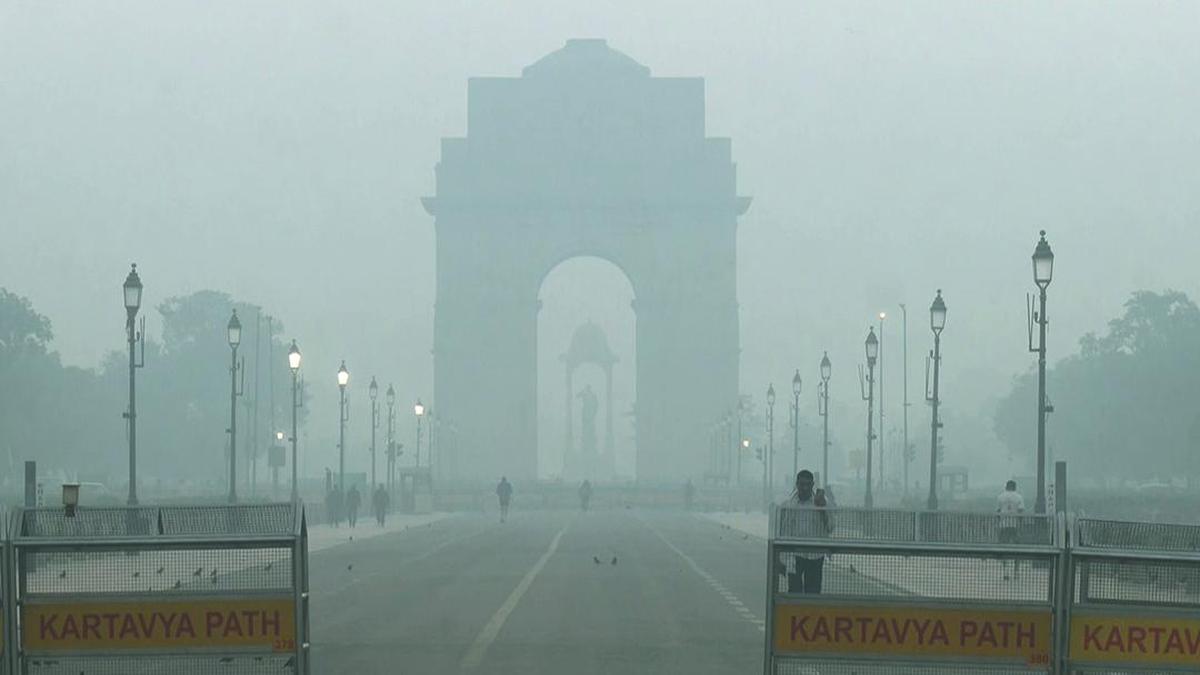Views
25
Did you know? Conservingbutterflies can actually not only improve our whole environment for wildlifebut also enrich the lives of people now and forever. For many reasons butterfliesare important, in their own right but also as great life indicators. Butterflies are part of our natural heritage and havebeen studied for more than 300 years.
There aremany references to butterflies in literature, from the Bible throughShakespeare to the modern day literature, from poetry to musical lyrics.Butterflies are used by many artists across the world as way of indicating theyare extremely environmentally friendly. You will find that areas rich inbutterflies are also rich in other invertebrates. These as a group provide aheavy range of environmental benefits which includes pollination and pestcontrol.
Eco System Value
Butterflies support a range of other predators as well as parasites. They have been widely used by ecologists as model organisms to study the impact of the loss of habitat and climate change. Every butterfly has developed its own set of chemicals to prevent predators and parasites, discover a mate, and conquer the chemical defences of its host plant. Each of these chemicals has a potential value and could be subjugated cost-effectively.
Butterflies are centralpollinators to many agricultural crops. Additionally, their ecological functionis also a food source to predators like birds, spiders, lizards and otheranimals. Butterflys beauty is like a flower, whichdisplays attraction wherever it flies. The bright colours dissuade somepotential predators by suggesting bad taste. Before winter, the fragile Monarchbutterfly migrates up to 2000 miles, forming huge colonies in Mexico and partsof California. These butterflies make the trip barely once but they knowprecisely where to go. Butterflieshave a very long history on Earth. Scientists have discovered butterfly fossilsdating back to 40 million years ago.
Surprisingly,90% of plants need pollinators for reproduction. Currently, there has been adecline of the bee population. Hence, butterflies are proving crucially vitalto the eco system. The plants involved become more resistant to diseases. This givesthem a better chance of survival. Reacting quickly and with careful evaluation,butterflies are known to react even to the slightest changes within the areasthat they occupy. Stephen Dickie at Butterfly Conservation says that, Birds plan their whole breeding seasonaround when caterpillars will be most abundant. If the butterfly andcaterpillar numbers are depleted then theres not going to be a lot of food fordeveloping chicks.
This couldbe the major reason for scientists to fear that if the butterflies disappear,it could cause the collapse of the eco systems that we necessitate.
So heres what you can do about it
You can createa center of attention for butterflies to your garden or larger lands byplanting flowering trees. Grow-Trees will help you in planting trees. With theconvenience as easy as a request, Grow-Trees will provide its services to helpyou save the eco system while maintaining the colorful beauty around it too.
Subscribe to our newsletter and recieve a selection of our cool articles every week.

When Mumbai’s Morning Haze No Longer Feels Like Home
Mumbai Weather Update: AQI Turns Severe as Thick Haze Persists, Free Press Journal (FPJ).
Nov 24, 2025

Delhi Is Gasping Again, And This Time, Even the Clouds Refused to Help
Delhi is choking again. AQI levels have slipped into the ‘severe’ zone, cloud seeding failed, and emergency measures barely make a dent. Because the city doesn’t need one-off fixes, it needs long-term healing. Trees remain the simplest, most effective answer. They absorb carbon, trap dust, cool the air, and act as natural lungs. If Delhi wants cleaner winters, it needs more green cover, not just temporary interventions. Clouds may not cooperate, but trees always will.
Nov 17, 2025
Copyrights @ 2025 All rights reserved by Pangea EcoNetAssets Pvt Ltd.